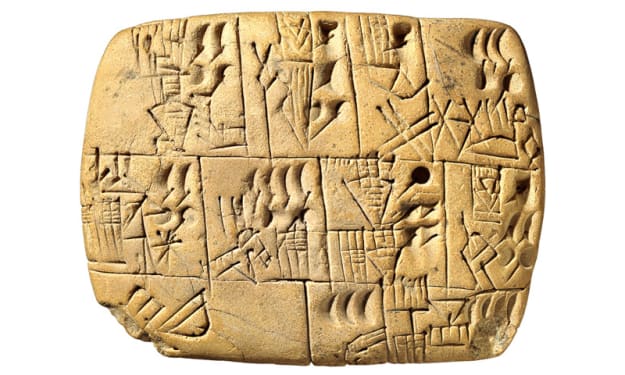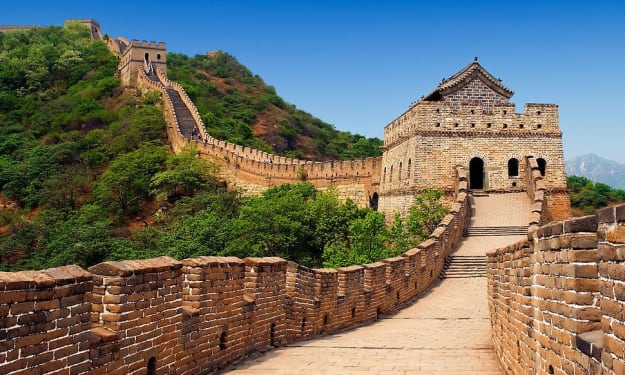Unraveling the Tapestry: Australia's History from Indigenous Roots to Modern Nationhood
Exploring the Rich Legacy and Evolution of Australia's Story Through Millennia
Australia's history is a compelling narrative that unfolds across vast stretches of time, encompassing indigenous cultures, colonial expansion, waves of immigration, and the forging of a modern nation. From ancient Aboriginal societies to the multicultural tapestry of the present day, Australia's story is one of resilience, adaptation, and diversity.
The origins of Australia's human history date back tens of thousands of years, with Aboriginal peoples inhabiting the continent for over 65,000 years prior to European arrival. These diverse indigenous cultures, comprising hundreds of language groups, thrived in harmony with the land, developing intricate social structures, spiritual beliefs, and sustainable practices.
The arrival of Dutch explorers in the early 17th century marked the first European contact with Australia, but it was not until 1770 that British explorer Captain James Cook claimed the eastern coast of the continent for Britain. This event paved the way for British colonization and the establishment of the first European settlement at Sydney Cove in 1788.
The colonial period saw the displacement and marginalization of indigenous peoples as British settlers claimed land for agriculture, mining, and urban development. The frontier wars between indigenous Australians and European colonists resulted in widespread violence, dispossession, and loss of life, leaving a lasting legacy of trauma and injustice.
Throughout the 19th century, Australia experienced rapid growth and expansion fueled by convict labor, free immigration, and the discovery of gold. The gold rushes of the 1850s attracted waves of fortune seekers from around the world, transforming the fledgling colonies into prosperous and cosmopolitan societies.
By the late 19th century, Australia had achieved self-governance and was on the path to federation. In 1901, the six separate colonies united to form the Commonwealth of Australia, with Edmund Barton serving as the nation's first prime minister. The new federation established a framework for democratic governance, with a federal parliament and a constitution that enshrined principles of freedom, equality, and the rule of law.
The 20th century brought both triumphs and challenges for Australia as it navigated two world wars, economic fluctuations, and social upheaval. Australian troops played significant roles in conflicts such as World War I, the Gallipoli Campaign being a particularly poignant symbol of national identity and sacrifice. World War II further tested Australia's resolve, leading to the infamous bombing of Darwin and the Kokoda Track campaign in Papua New Guinea.
Following World War II, Australia experienced a period of unprecedented prosperity and growth, fueled by post-war reconstruction, immigration, and industrialization. The "populate or perish" policy led to a surge in immigration from Europe, Asia, and the Middle East, shaping Australia's cultural landscape and identity.
The latter half of the 20th century witnessed significant social and political changes, including the dismantling of the White Australia Policy, the recognition of indigenous rights, and the emergence of environmental and feminist movements. The 1967 referendum, which granted constitutional recognition to indigenous Australians, marked a pivotal moment in the nation's journey towards reconciliation and social justice.
In recent decades, Australia has grappled with issues such as environmental conservation, indigenous reconciliation, and immigration reform. The apology to the Stolen Generations in 2008 and the landmark Uluru Statement from the Heart in 2017 reflect ongoing efforts to address historical injustices and promote healing and reconciliation.
Today, Australia stands as a vibrant and multicultural nation, known for its democratic values, diverse population, and thriving economy. From the ancient traditions of its indigenous peoples to the dynamic energy of its modern cities, Australia's history is a testament to the resilience, adaptability, and spirit of its people. As the nation continues to evolve and embrace the challenges of the future, its rich and diverse heritage remains a source of strength and inspiration for generations to come.
About the Creator
Enjoyed the story? Support the Creator.
Subscribe for free to receive all their stories in your feed. You could also pledge your support or give them a one-off tip, letting them know you appreciate their work.






Comments
There are no comments for this story
Be the first to respond and start the conversation.